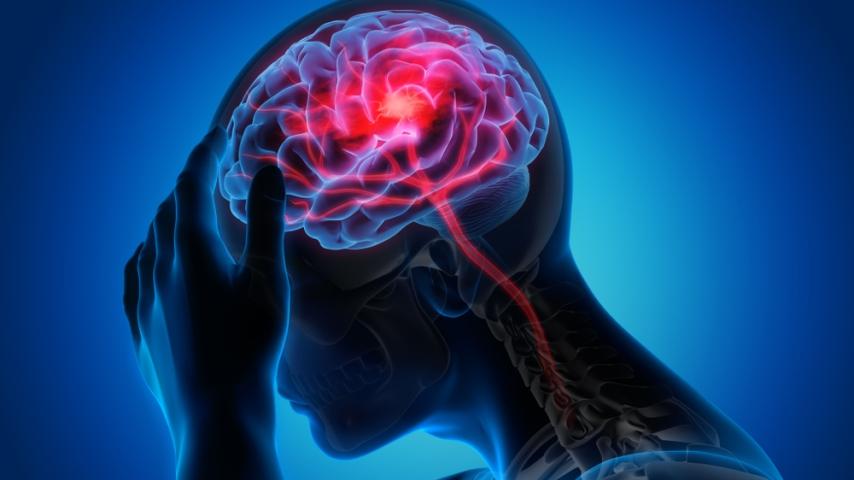Navigating Parkinson's Disease: Symptoms, Causes, and Treatment

Parkinson's Disease (PD) is a complex neurodegenerative disorder that affects millions of individuals worldwide, impacting movement, balance, and quality of life. Understanding its multifaceted nature, including symptoms, causes, and treatment options, is crucial for patients, caregivers, and healthcare professionals alike. In this comprehensive guide, we'll delve into the intricate landscape of Parkinson's Disease, shedding light on its manifestations, etiology, and therapeutic interventions. As aptly articulated by Dr Shivakumar, Consultant Neurologist, "Early recognition and comprehensive management of Parkinson's Disease are pivotal in optimizing patient outcomes and enhancing their quality of life."
Exploring Parkinson's Disease:
Parkinson's Disease is characterized by the progressive degeneration of dopamine-producing neurons in the brain, particularly in the substantia nigra region. This loss of dopamine leads to motor symptoms such as tremors, rigidity, bradykinesia (slowed movement), and postural instability. Additionally, non-motor symptoms such as cognitive impairment, depression, sleep disturbances, and autonomic dysfunction may also manifest, contributing to the complexity of the disease.
Unveiling the Symptoms:
Recognizing the diverse array of symptoms associated with Parkinson's Disease is essential for early diagnosis and intervention. Common motor symptoms include:
- Tremors: Involuntary shaking, often starting in one hand.
- Rigidity: Stiffness or resistance to movement in the limbs or trunk.
- Bradykinesia: Slowness of movement, affecting tasks such as walking, dressing, or writing.
- Postural Instability: Impaired balance and coordination, increasing the risk of falls.
Non-motor symptoms may encompass:
- Cognitive changes: Memory impairment, executive dysfunction, and difficulty with multitasking.
- Emotional disturbances: Depression, anxiety, apathy, and mood swings.
- Sleep disturbances: Insomnia, excessive daytime sleepiness, restless legs syndrome.
- Autonomic dysfunction: Orthostatic hypotension, constipation, urinary urgency.
Understanding the Causes:
While the exact cause of Parkinson's Disease remains elusive, a combination of genetic and environmental factors is believed to contribute to its onset. Mutations in specific genes, such as SNCA, LRRK2, and PARKIN, have been implicated in familial forms of Parkinson's, while environmental toxins, oxidative stress, and mitochondrial dysfunction may also play a role in sporadic cases.
Treatment Options:
While there is currently no cure for Parkinson's Disease, various treatment modalities can help manage symptoms, improve quality of life, and slow disease progression. These may include:
- Medications: Dopamine agonists, levodopa, MAO-B inhibitors, and anticholinergics can alleviate motor symptoms and enhance dopamine function.
- Deep Brain Stimulation (DBS): Surgical implantation of electrodes in specific brain regions can modulate abnormal neuronal activity and alleviate motor fluctuations.
- Physical Therapy: Exercises targeting balance, flexibility, and coordination can improve mobility and reduce the risk of falls.
- Speech Therapy: Techniques to improve speech and swallowing difficulties commonly associated with Parkinson's Disease.
Conclusion:
Parkinson's Disease presents a multifaceted clinical picture, requiring a holistic approach to diagnosis, management, and care. By elucidating its symptoms, causes, and treatment options, individuals affected by Parkinson's, along with their caregivers and healthcare providers, can navigate the complexities of this condition with knowledge and resilience. Through ongoing research, advocacy, and support, we strive to enhance the lives of those impacted by Parkinson's Disease and move closer to a future free from its burdens.










